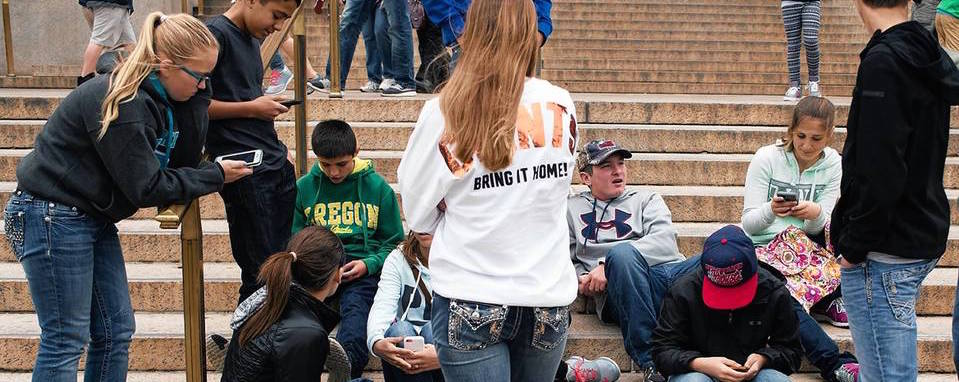Is technology making people less sociable?

A major social debate is going on on the effects of mobile technology and social media, online and off. The Wall Street Journal distills in a juxtaposition of the views of Larry Rosen and Keith N. Hampton.
Larry Rosen, a professor of psychology at California State University, Dominguez Hills, says technology is distracting us from our real-world relationships. Keith N. Hampton, who holds the Professorship in Communication and Public Policy at Rutgers University’s School of Communication and Information, argues that technology is enriching those relationships and the rest of our social lives.
Lary Rosen: “A hug feels six times more supportive than an emoji.”
Psychologists define social capital, or the benefit we derive from social interactions, in two ways: bonding and the more superficial bridging. Research shows that virtual-world friends provide mostly bridging social capital, while real-world friends provide bonding social capital.
For instance, in one study we found that while empathy can be dispensed in the virtual world, it is only one-sixth as effective in making the recipient feel socially supported compared with empathy proffered in the real world. A hug feels six times more supportive than an emoji.
Keith N. Hampton: “Together the small sips can add up to a big gulp of information.”
It is tempting to dismiss as trivial many messages exchanged online. But together, the small sips that come from the steady contact of social media can add up to a big gulp of information about the activities, interests and opinions of the people we connect with. They communicate mutual awareness and closeness along with information that we wouldn’t otherwise receive.



